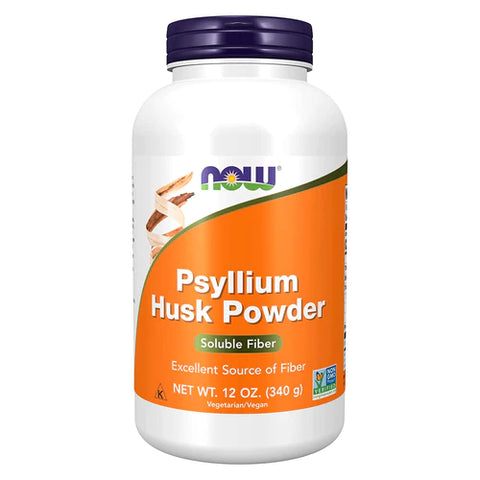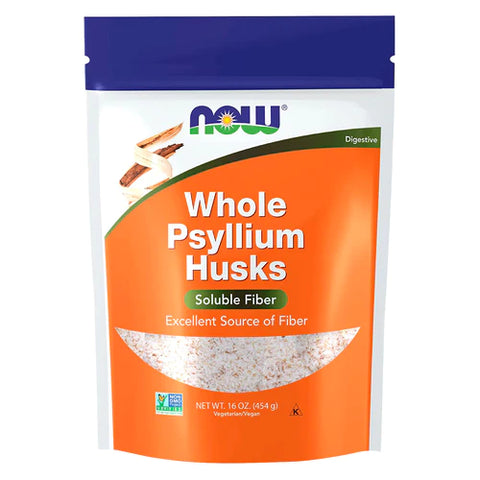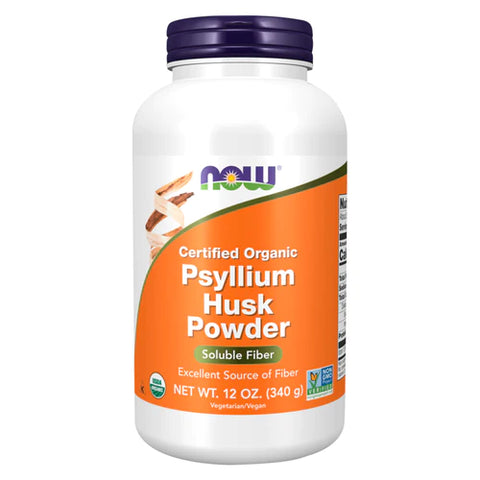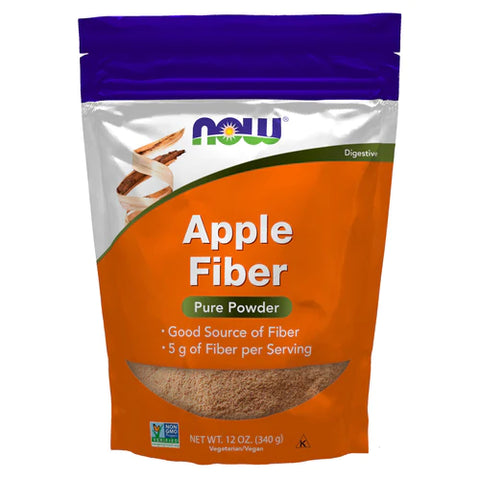Fiber is an essential nutrient that is often overlooked in modern diets. It plays an important role in regulating digestion and maintaining healthy bowel movements. However, recent studies have shown that fiber can also help with weight loss. This has led to an increase in the popularity for fiber supplements, which promise to help people lose weight by increasing fiber intake. In this article, we will explore the relationship between fiber and weight loss, and whether or not taking a fiber supplement can help you shed those extra pounds.
What is Fiber?
Fiber is a type of carbohydrate that cannot be digested by the body. Instead, it passes through the digestive system largely intact, providing bulk to stools and helping to regulate bowel movements. There are two types of fiber: soluble and insoluble. Soluble fiber dissolves in water and forms a gel-like substance that slows down digestion. Insoluble fiber, on the other hand, adds bulk to stools and helps to move food through the digestive system more quickly.
Recommended Product:
How Does Fiber Help with Weight Loss?
Fiber helps with weight loss in several ways. Firstly, it promotes a feeling of fullness, which can reduce overall calorie intake. This is because fiber absorbs water in the digestive tract, expanding in volume and making you feel more satiated. Secondly, fiber slows down digestion, which can help to stabilize blood sugar levels. This reduces the likelihood of overeating or snacking between meals. Thirdly, fiber helps to regulate bowel movements, which can improve overall gut health and reduce bloating.
Recommended Product:
Do Fiber Supplements Help with Weight Loss?
Fiber supplements are a convenient way to increase fiber intake without having to modify your diet significantly. They come in various forms, including capsules, powders, and gummies. However, the effectiveness of fiber supplements for weight loss is a subject of debate among experts.
While some studies have found that fiber supplements can aid weight loss, others have shown little to no effect. This may be because fiber supplements do not provide the same nutritional benefits as fiber-rich foods, such as fruits, vegetables, and whole grains. Additionally, fiber supplements may not have the same satiating effect as whole foods, leading to increased calorie intake.
Overall, while fiber supplements may help with weight loss in some cases, they should not be relied upon as a sole weight loss solution. Instead, a balanced diet that includes fiber-rich foods is the best way to ensure adequate fiber intake and promote weight loss.
Recommended Product:
How to Incorporate More Fiber into Your Diet
Incorporating more fiber into your diet can be simple and easy. Here are some tips:
- Eat more fruits and vegetables. Aim for at least 5 servings per day.
- Choose whole grains, such as brown rice, whole-wheat bread, and quinoa, instead of refined grains.
- Snack on nuts and seeds, which are high in fiber and healthy fats.
- Add beans and lentils to soups, stews, and salads.
- Swap out processed snacks for fresh fruits and vegetables.
- Try incorporating high-fiber cereal into your breakfast routine.
Recommended Product:
Conclusion
While fiber can play an important role in weight loss, there is no magic solution for shedding those extra pounds. A balanced diet that includes plenty of fiber-rich foods is the best way to promote weight loss and improve overall health. While fiber supplements may provide some benefits, they should be used in conjunction with a healthy diet and exercise program. Remember to consult with a healthcare professional before making any significant changes to your diet or exercise routine.




